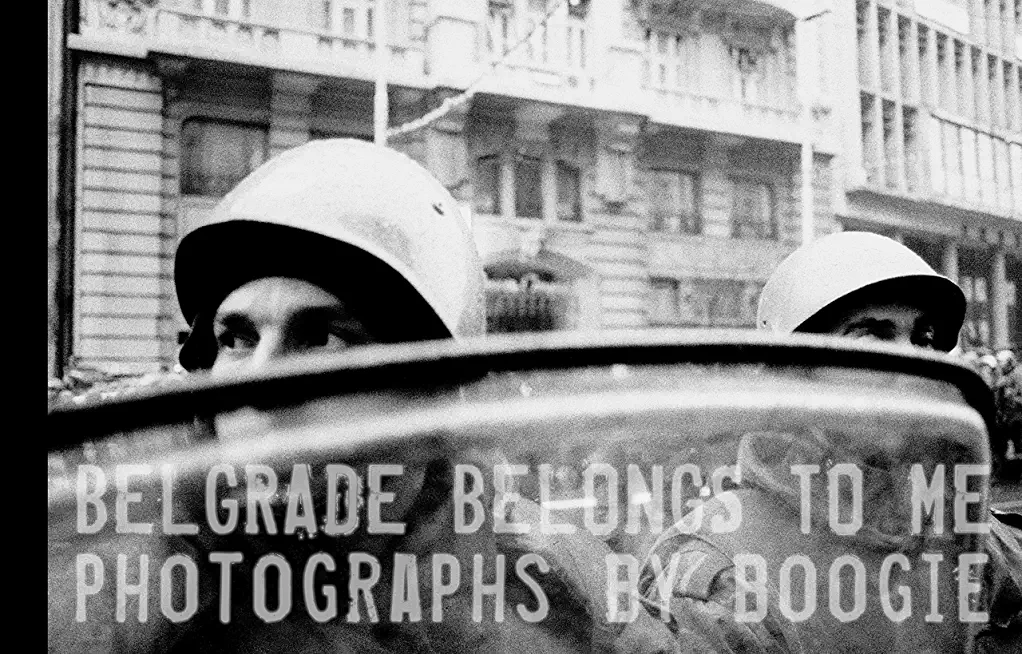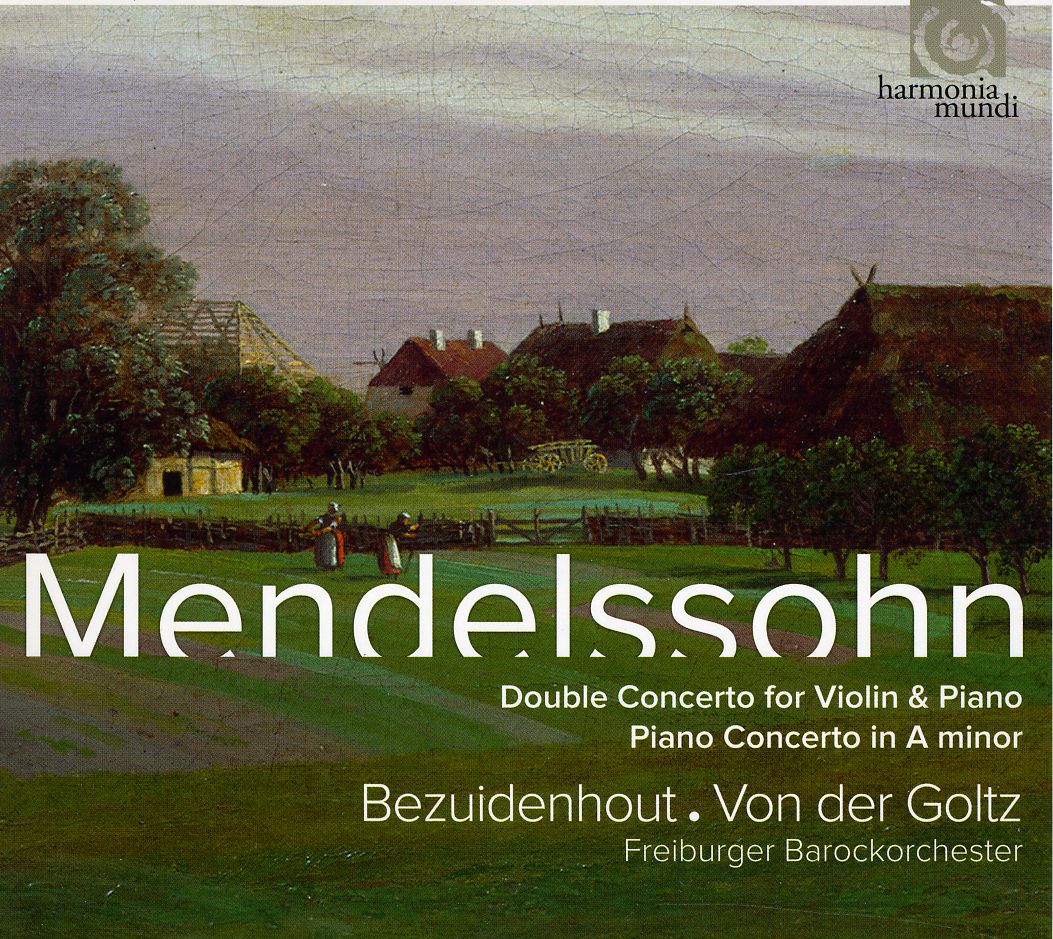
description
9At three o'clock sharp, the enemy must be crushed by your mighty charge, torn to pieces by your grenades and bayonets. The honor of Belgrade must be spotless. Soldiers, heroes, the Supreme Command has erased our names from its roll. Our regiment is sacrificed for our King and Fatherland. You don't have to worry anymore about your lives that no longer exist. So forward, to glory! Long live the King! Long live Belgrade!
-Major Dragutin Gavrilovic, September 24, 1915 Born and raised in Belgrade, Serbia, Boogie began photographing rebellion and unrest during the civil war that ravaged his country during the 1990s. Growing up in a war-torn country defined Boogie's style and attraction to the darker side of human existence. His archives reveal undeniable evidence of the evils that erode the urban space and unite humanity in the despair of impoverished lives. Belgrade Belongs to Me, his third powerHouse Book, shows the city from the inside as the former Yugoslavia began its rapid disintegration into war and the slow resurrection of a people who have fought for centuries for their survival. Boogie does not spare the spectator any social taboos as he documents the daily struggles of the marginalized people whose lives he infiltrates completely, taking us deep into worlds traditionally closed to outsiders. Whether documenting neo-Nazis or gypsies, police or protesters, or the working class people of Belgrade, Boogie's work reflects his respect for his subjects, defying the glamorized stereotypes of urban life and revealing the phantoms that haunt the modern metropolis. Living under Milosevic was like living in a mental institution. It was apocalyptic. Pensions and salaries were three to five United States dollars. People, especially the old and retired, were literally starving. The streets were empty. There was a shortage of gasoline, so there were very few cars on the street. And then, in the middle of the night, you would see a police truck cruising slowly. There were protests against Milosevic every day. In the beginning they were peaceful, so I didn't go. I don't believe in peaceful, passive resistance. It's either grab the gun and go to the woods or sit at home. But then they turned violent. The police were very brutal, beating protesters mercilessly. And that's when I started to go out and shoot photographs. Milosevic wasn't sure cops from Belgrade would be tough enough-they might not want to beat on their neighbors. So cops were brought from other parts of Serbia, huge cops with mustaches, in riot gear. I ran from them a few times. Scary.
-Boogie
-Major Dragutin Gavrilovic, September 24, 1915 Born and raised in Belgrade, Serbia, Boogie began photographing rebellion and unrest during the civil war that ravaged his country during the 1990s. Growing up in a war-torn country defined Boogie's style and attraction to the darker side of human existence. His archives reveal undeniable evidence of the evils that erode the urban space and unite humanity in the despair of impoverished lives. Belgrade Belongs to Me, his third powerHouse Book, shows the city from the inside as the former Yugoslavia began its rapid disintegration into war and the slow resurrection of a people who have fought for centuries for their survival. Boogie does not spare the spectator any social taboos as he documents the daily struggles of the marginalized people whose lives he infiltrates completely, taking us deep into worlds traditionally closed to outsiders. Whether documenting neo-Nazis or gypsies, police or protesters, or the working class people of Belgrade, Boogie's work reflects his respect for his subjects, defying the glamorized stereotypes of urban life and revealing the phantoms that haunt the modern metropolis. Living under Milosevic was like living in a mental institution. It was apocalyptic. Pensions and salaries were three to five United States dollars. People, especially the old and retired, were literally starving. The streets were empty. There was a shortage of gasoline, so there were very few cars on the street. And then, in the middle of the night, you would see a police truck cruising slowly. There were protests against Milosevic every day. In the beginning they were peaceful, so I didn't go. I don't believe in peaceful, passive resistance. It's either grab the gun and go to the woods or sit at home. But then they turned violent. The police were very brutal, beating protesters mercilessly. And that's when I started to go out and shoot photographs. Milosevic wasn't sure cops from Belgrade would be tough enough-they might not want to beat on their neighbors. So cops were brought from other parts of Serbia, huge cops with mustaches, in riot gear. I ran from them a few times. Scary.
-Boogie
member goods
No member items were found under this heading.
listens & views

DOUBLE CONCERTO PIANO CONCERTO
by MENDELSSOHN / BEZUIDENHOUT / VON DER GOLTZ
COMPACT DISCout of stock
$18.25
Return Policy
All sales are final
Shipping
No special shipping considerations available.
Shipping fees determined at checkout.






